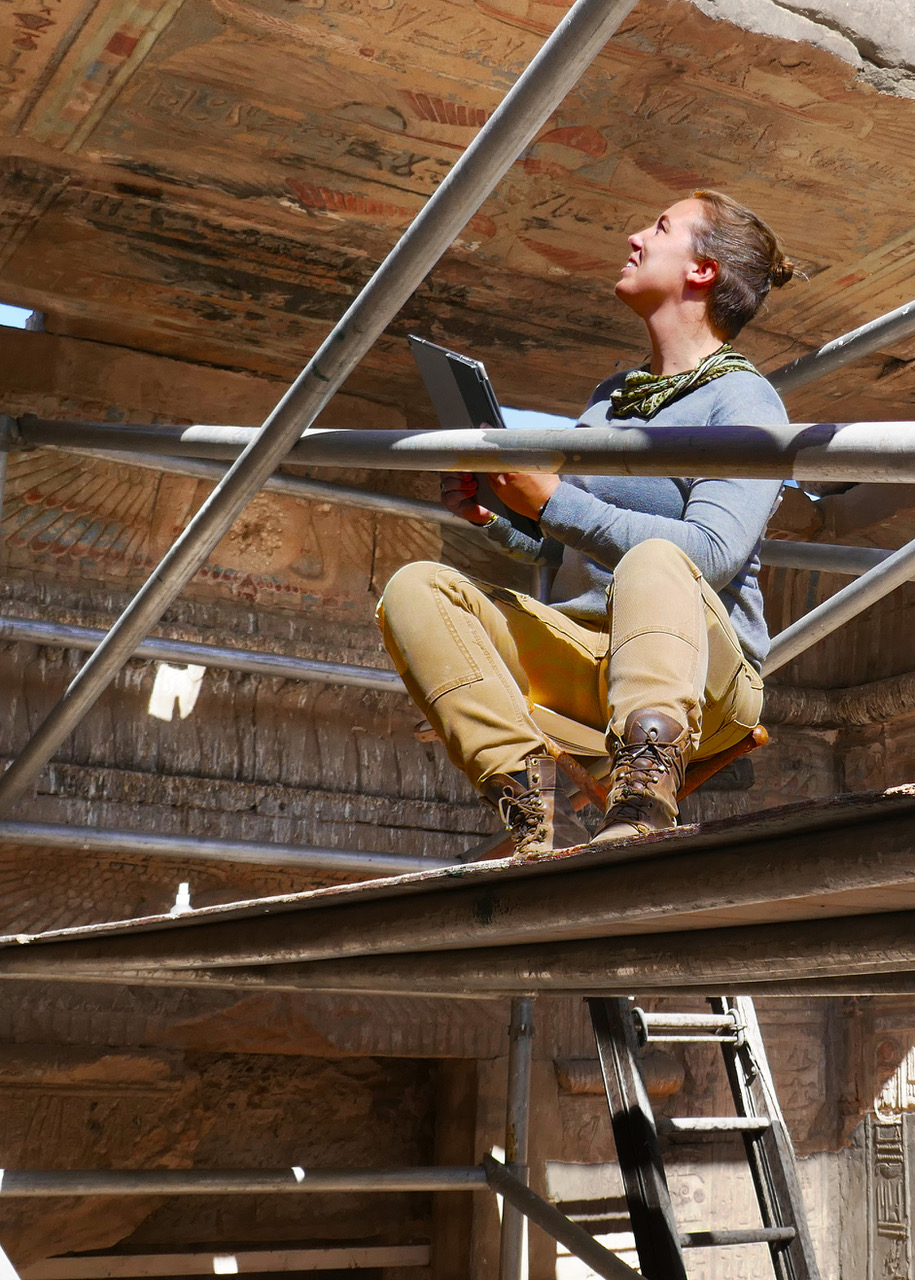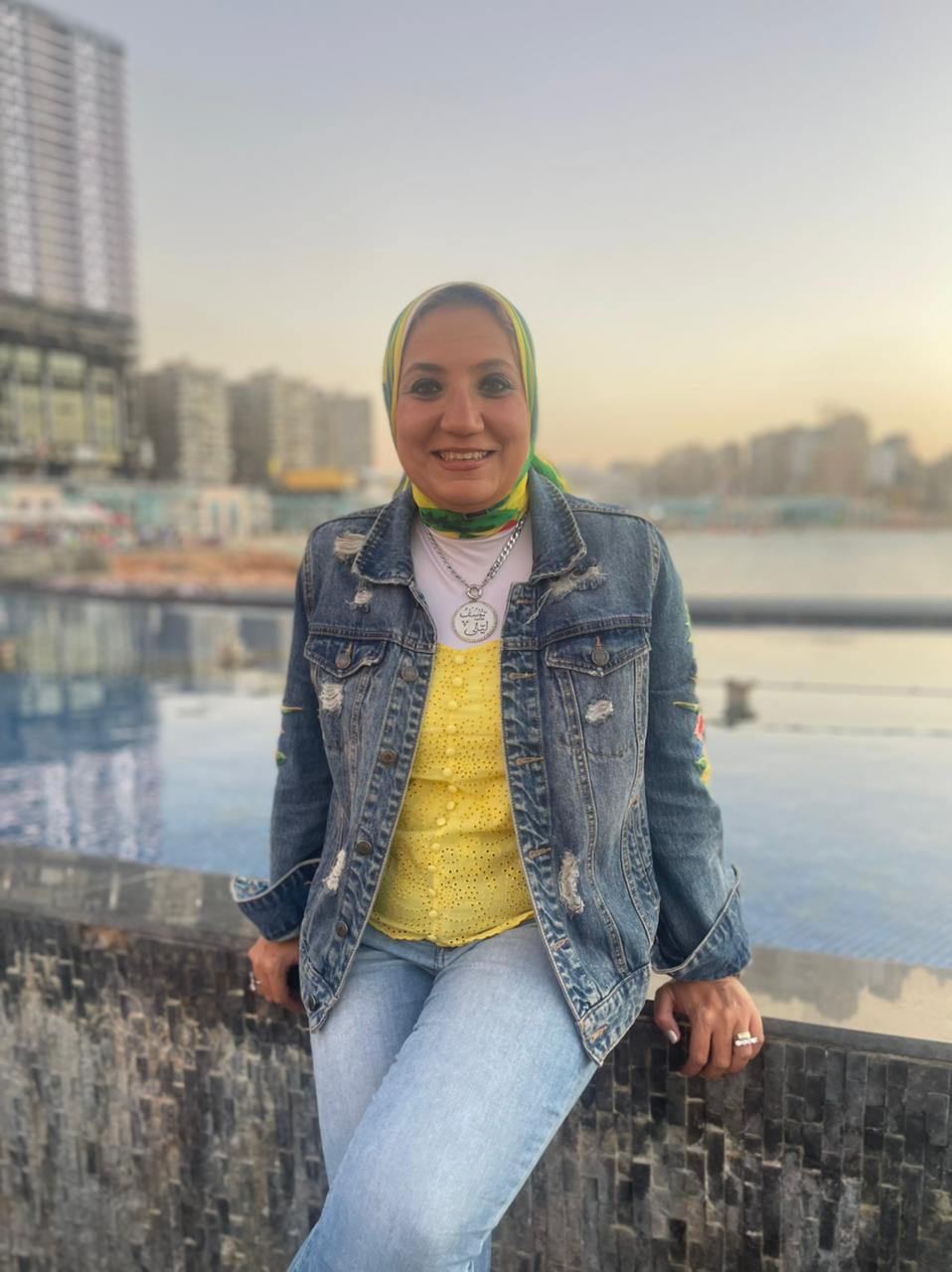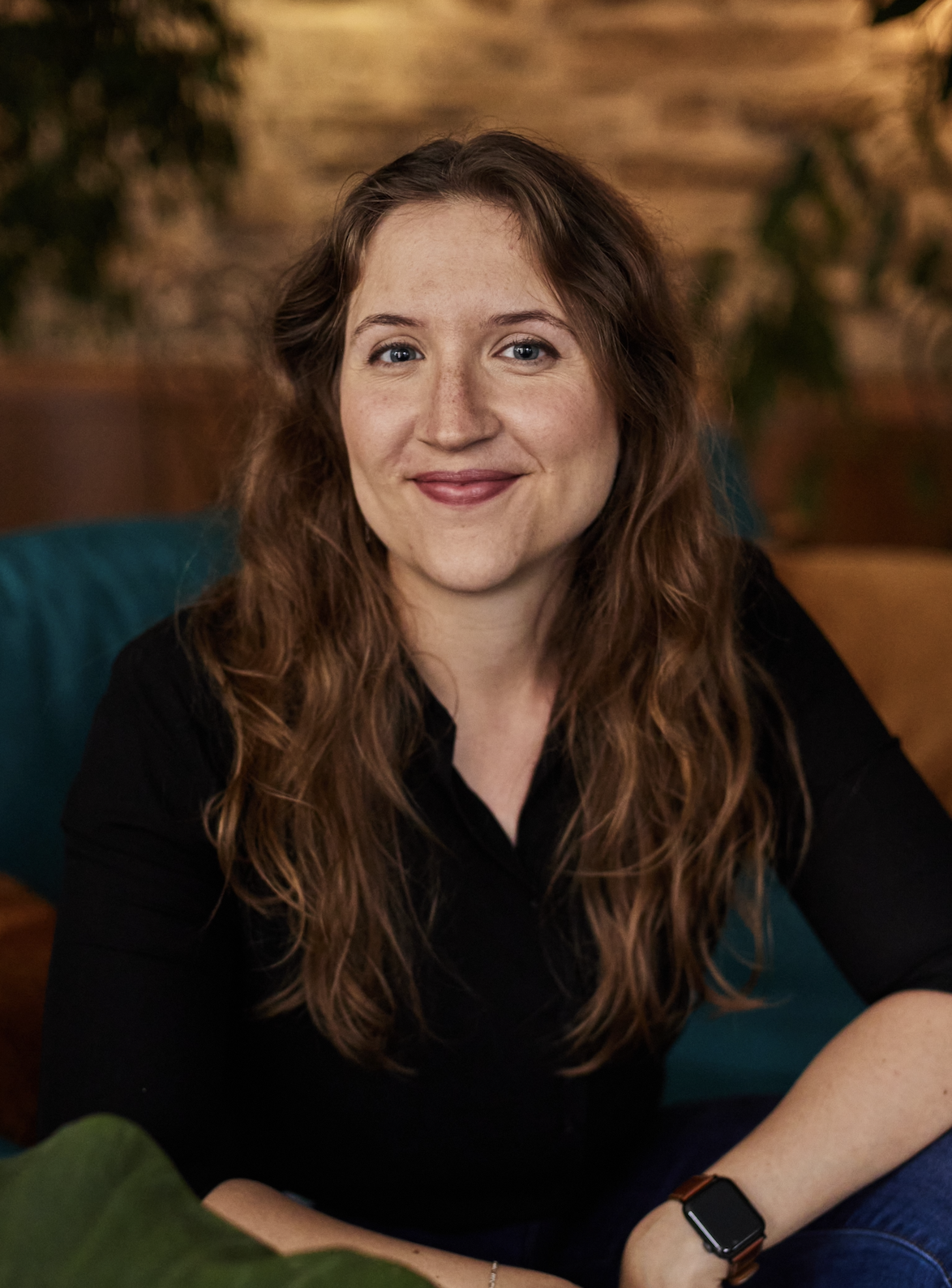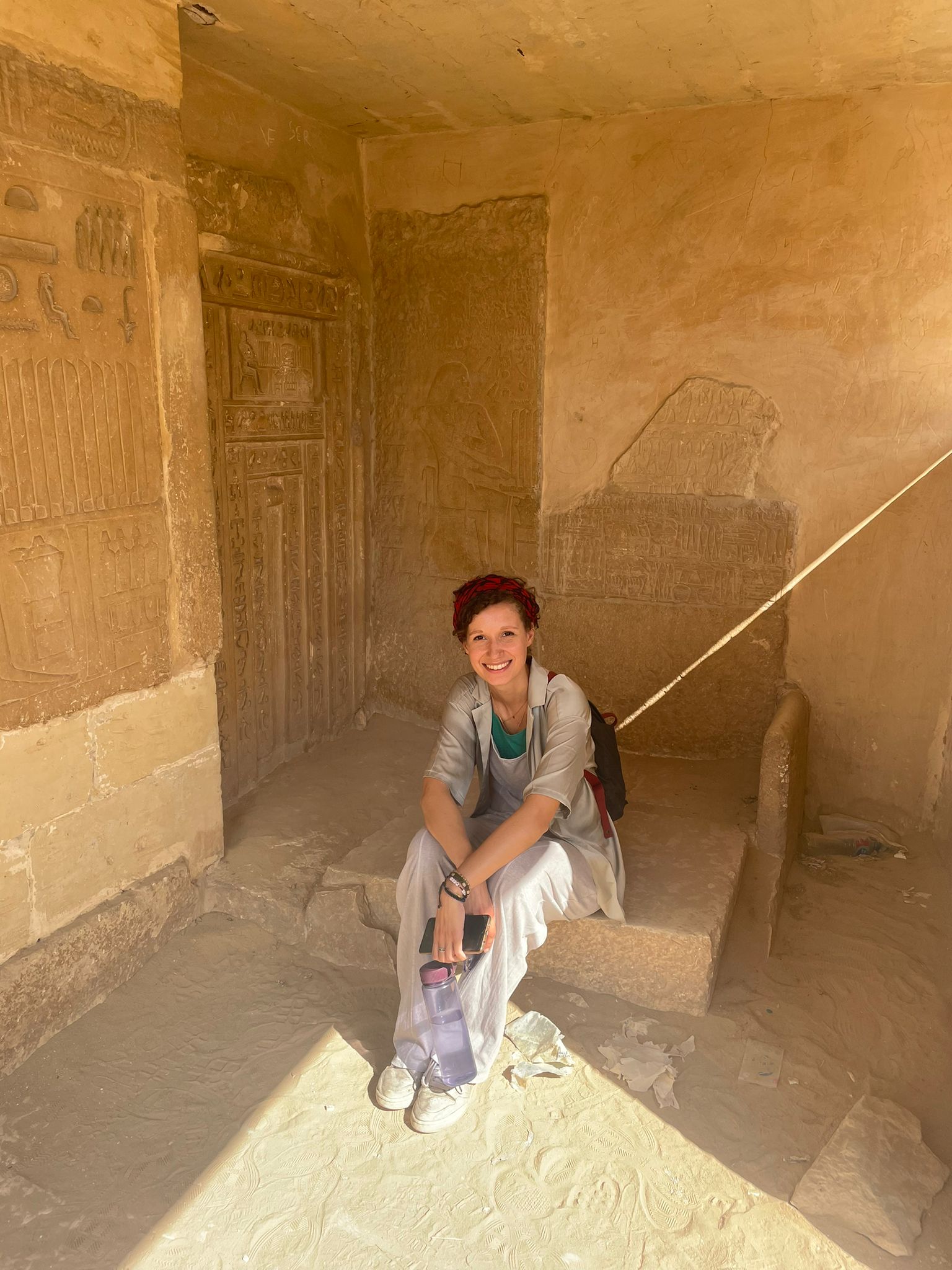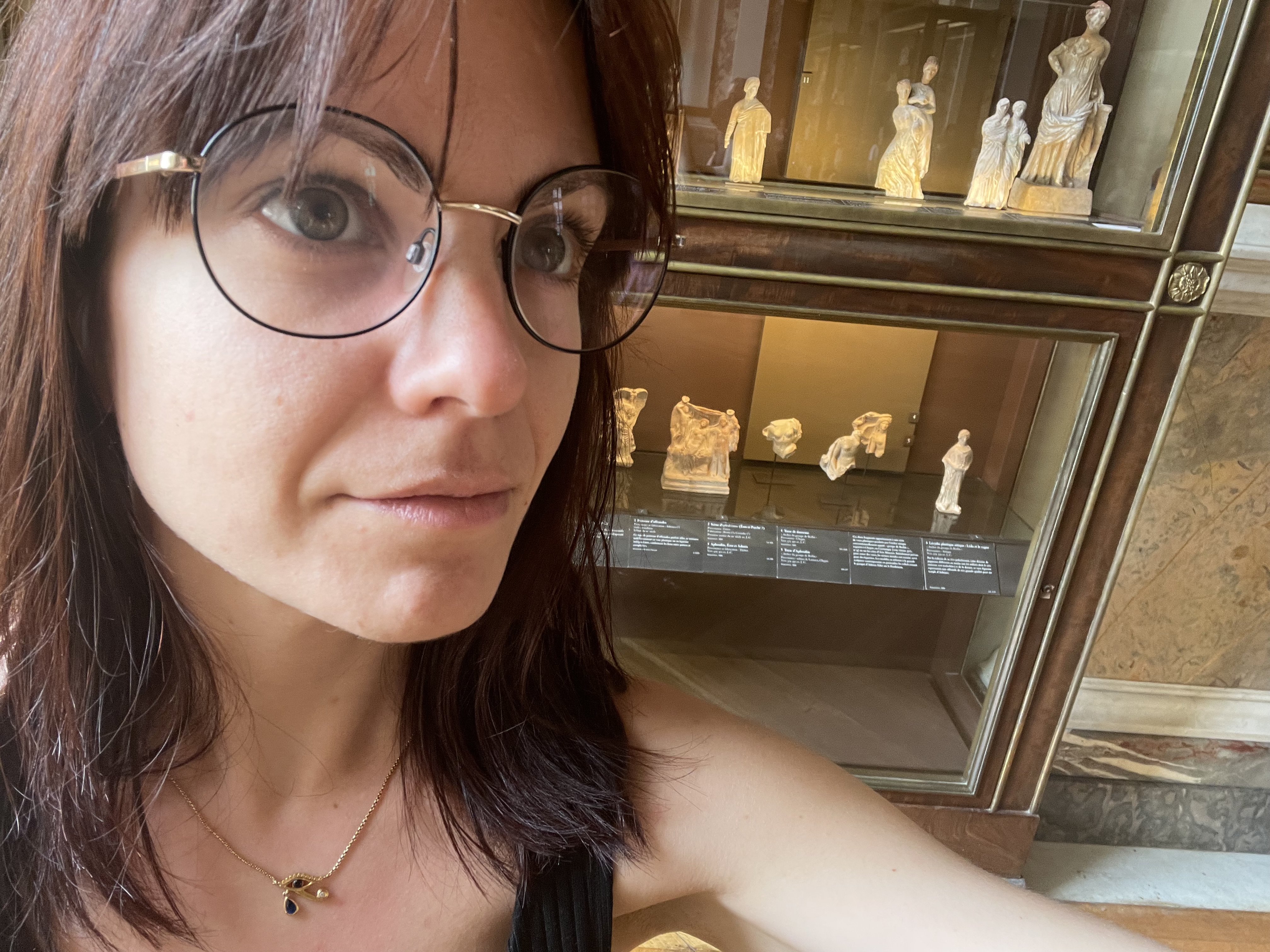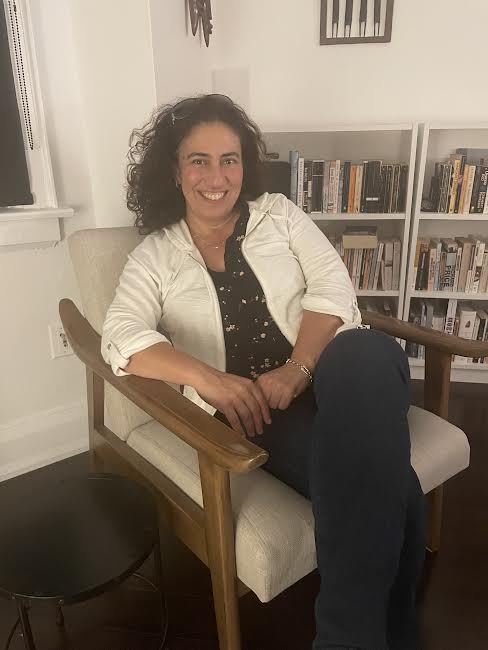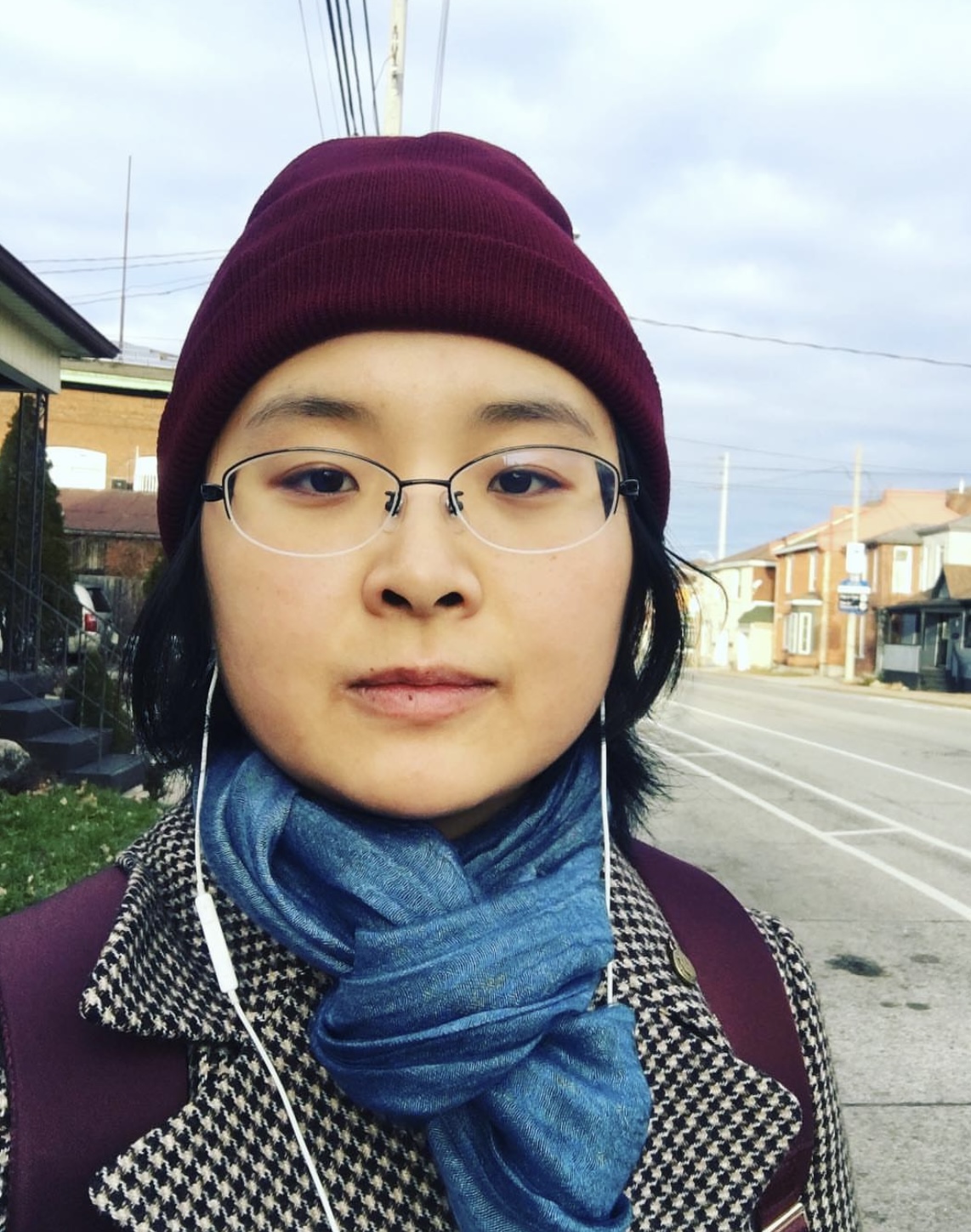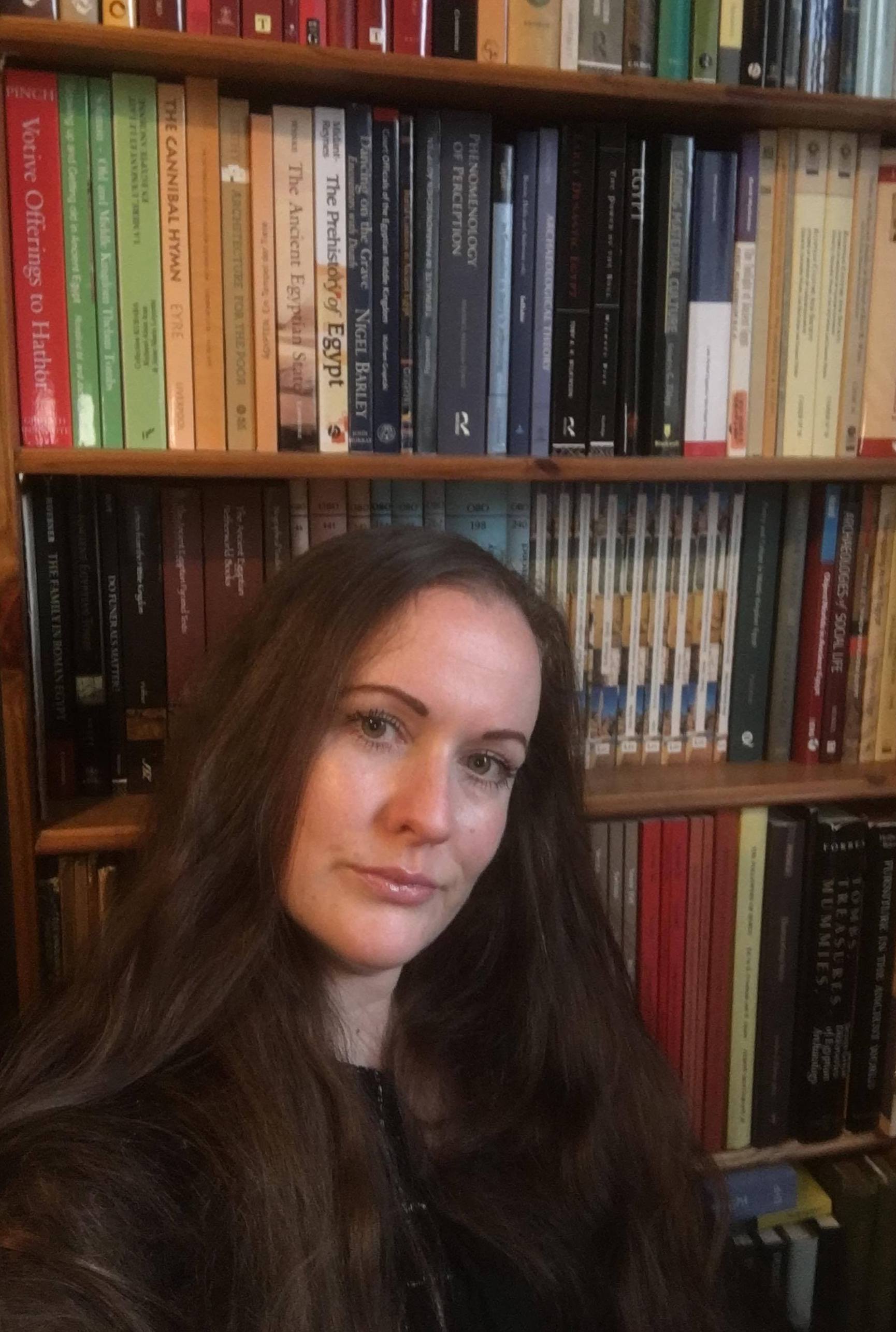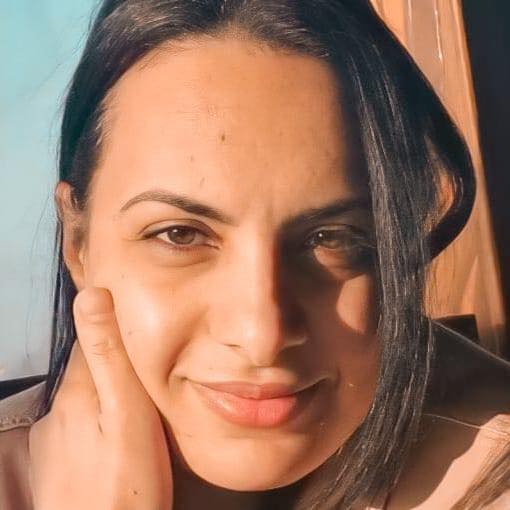The Editing Committee consults with the Organizing Committee (OC) on matters related to the publication of the annual conference proceedings, aiding and supporting the OC in this task.
Ariel Singer, University of Chicago (USA)
Ariel Singer is a PhD candidate at the University of Chicago, currently working on her dissertation, which is an examination of anatomical terminology in ancient Egyptian texts, with a focus on the cranium and the early development of a technical vocabulary. For a number of years, she has also been an epigrapher at the Epigraphic Survey, based in Luxor, where she worked primarily at Medinet Habu, Khonsu, and Luxor Temples, and the tomb of Nefersekheru. She has been focused in the past few years on working collaboratively to develop a number of digital elements for the epigraphic process, including a digital collation system and workflow, and an exploratory on-line publication medium. Additionally, Ariel worked for many years at the Demotic Dictionary to implement a modern design method, and more recently has contributed to the Thesaurus Linguae Aegyptiae online dictionary project. In the past she has also worked in the field at Edfu and the Anubis Catacombs in Saqqara.
Dr. Azza Ezzat, Bibliotheca Alexandrina (Egypt)
Currently the Head of Research and Publication section, Writing and Scripts Center, Bibliotheca Alexandrina, Alexandria, Egypt. Studied Egyptology in the Faculty of Tourism and Hotels, Guidance Department, Alexandria University, where I gained my PhD entitled “Garden pools in ancient Egypt, Linguistic and Iconographical Study” in 2015. Authored, edited and translated several works related to the field of Egyptology, in particularly the History of writing and learning hieroglyphs. In 2006, was awarded the Kuwait Fund for Arab Economic Development Award for the best translated book from English into Arabic Histoire de l’écriture de l’idéogramme au multimédia. In 2016, gave a course entitled “Journey of Writing in Egypt” in edX (Founded by Harvard University and Massachusetts Institute of Technology (MIT)) in collaboration with the Professional Training Institute (PTI), Bibliotheca Alexandrina.
Currently working as an Editor of Abgadiyat Journal that is co-published by Brill. Its scope is the documentation and interpretation of writing, calligraphy, paleography, epigraphy, and inscriptions throughout the world. Also working on the methodology of Ahmed Kamal Pasha’s Dictionary Hieroglyphic Arabic- French that was given to Bibliotheca Alexandrina in 2020 from Kamal’s family. Selected as a member in the National Network of Science Centers and Museums (SciHer Network) in the Academy of Scientific Research and Technology, a member in the Scientific Committee in the Conferences of the Hellenic Institute of Egyptology, in Athens, and a member of the General Assembly of the 33 Principal Partners and Founding Members of the Hellenic Institute of Egyptology. Has a wide experience in producing digital archive projects of cultural heritage and database management.
Émilie Sarrazin, University of Chicago (USA)
Émilie Sarrazin is a Dissertation Fellow at the Center for the Mediterranean World and a PhD Candidate at the University of Chicago, specializing in Egyptian archaeology. She obtained a B.A. with Honors in Anthropology and Classics from McGill University and an M.A. in Near Eastern Art and Archaeology from the University of Chicago. Her dissertation focuses on the analysis of archaeological remains from the site of Mendes in the Eastern Nile Delta in order to study the transition from the late Old Kingdom to the First Intermediate Period. By reexamining archival material related to substantial but mostly unpublished finds made in the 1960s and 70s, this research intends to contribute to broader conversations about the late 3rd millennium BCE from a region rarely included in scholarly discussions due to the dearth of archaeological evidence. Since 2015, Émilie has worked as an archaeologist and field supervisor for the Tell Edfu Project, studying the urban development of this ancient provincial capital. As a member of the collaborative project Coping with Changing Climates in Early Antiquities, sponsored by the Humanities Without Walls consortium, Émilie has investigated the use of proxy data and climate-centered narratives to explain transitional periods in ancient Egyptian history. At the University of Chicago, she has worked as an archaeological mapmaker and curatorial assistant for the Institute for the Study of Ancient Cultures (ISAC) Museum. She also worked with the Center for Ancient Middle Eastern Landscapes on projects utilizing GIS for archaeological and heritage purposes. Her research interests include settlement archaeology, household cultic practices, the interactions between ancient Egypt and Nubia, and the role of museums in transmitting and shaping our modern understandings of the past.
Dr. Esmeralda Lundius, Independent Researcher
Dr. Esmeralda Lundius holds a BA in Archaeology from Durham University and an MSc in Forensic Archaeological Science from University College London. She has participated in archaeological excavations in Britain, Egypt, and Italy, further acquiring skills in material culture studies, applied archaeological methods, and physical anthropology. In 2022 she received her PhD at Durham University for her thesis entitled “Materia Magica Aegyptiae: The ancient Egyptian offering table as funerary landscape, ritual utensil, and unifier of elements”. The project concerns funerary offering tables and how their study may aid in understanding the intricate mechanisms of ancient Egyptian magical practice and funerary ritual. The thesis also features an extensive catalogue composed of 477 objects studied in museum collections around the globe, including offering tables analysed in situ as part of The Asyut Project. She is also trained as an archaeological illustrator and collaborates closely with Dr Penelope Wilson in the role of co-supervisor and head illustrator at Sais (Sa el-Hagar), a project held by Durham University, the Egypt Exploration Society, and the Supreme Council of Antiquities. She continues to pursue her interests in the archaeology of death and burial, as well as ancient Egyptian magical practice, funerary ritual, and material culture.
Giulia Tonon, University of Liverpool (England, UK)
Giulia Tonon holds a BA and an MA in History and Archaeology of the Ancient Near East with Classics at the University Ca’ Foscari of Venice. She also holds an MA in Egyptology at the University of Liverpool, where she currently is a doctoral candidate (Egyptology) in the Department of Archaeology, Classics and Egyptology, funded by the NWCDTP – Arts and Humanities Research Council.
Giulia’s research explores the phenomena of diglossia and societal bilingualism in Ptolemaic Egypt by focusing on the Ptolemaic priestly synod decrees of the 3rd and 2ndcenturies BCE. Her project aims at thoroughly investigating the trilingual nature of these texts – written in hieroglyphs, Demotic and Greek – bringing out their distinctness in expression, message, contextualisation, and audience.
More broadly, her research interests include palaeography, epigraphy, ancient translation techniques and theoretical methodological approaches in the study of linguistic variation in diachrony. Giulia is also passionate about archaeology and heritage. She has participated in numerous excavations in Italy, the UK and Egypt and has experience working for international museums.
She is one of the editors of the New Classicists Journal and the co-founder and co-editor of the University of Liverpool’s Archaeology, Classics and Egyptology (ACE) & Creativity departmental blog.
Leslie Boctor, Independent Writer and Editor (Toronto)
As a journalist, editor, and copywriter, Leslie Boctor has a longstanding interest in pursuing stories that bring to life the world of ancient Egyptians. She has a Bachelor of Journalism from Carleton University and has covered Middle East geopolitical affairs and archeology discoveries as a print and broadcast journalist. She is currently a creative and editorial director with a communications agency based in Switzerland. She’s also a copy editor with the publishing arm of the American University of Cairo.
Lingling Zhu, University of British Columbia (Canada)
An aspiring ancient historian, I am finishing my MA degree at the University of British Columbia. My academic interest lies in Egyptian religion and historiography. I am generally fascinated by human means of expression, and editing can play a great part in satisfying my never-ending curiosity. In my free time, I hang out with my two cockatiels and volunteer at bird sanctuaries in BC.
Dr. Manon Schutz, University of Münster (Germany)
Manon Y. Schutz holds a Magister Artium from the University of Trier, Germany, and an MSt from the University of Oxford. For both these degrees, she analysed coffins from the Roman Period, trying to identify the various elements (i.e., Egyptian vs. Graeco-Roman) that influenced their design. For her DPhil “Sleep, Beds, and Death in Ancient Egypt. Studies on the Bed as a Female Entity”, likewise completed at the University of Oxford, she turned to the investigation of furniture in the funerary context, mainly the connection of beds and mother-goddesses. In general, she is interested in the use and meaning of furniture in the lives and deaths of the ancient Egyptians, e.g., the categorisation of these items and what, if anything, they might tell us about the underlying worldview. She also instigated the project “Luxembourg and Egypt(ology)” in which she looks at Luxembourgish citizens (or, more broadly, people with a connection to Luxembourg) working on, in, or for Egypt in the 19th and early 20th century. The idea for this undertaking emerged from her work for the exhibition “From the Borders of the Nile to Luxembourg”, which took place at the Musée National d’Histoire et d’Art, Luxembourg, in 2015−2016. Furthermore, she has worked as a lecturer at the universities of Oxford and Trier. Since October 2022, she is employed as an academic assistant at the University of Münster, Germany, where she teaches Middle and Late Egyptian as well as the hieratic script. Here, she has also recently begun her new research project on the education of royal children (male and female) during the various periods of ancient Egyptian history.
Dr. Marwa Soliman, Mansoura University (Egypt)
Marwa Abd El Hameed Hamed Soliman (Ph.D., MA, LA) is an esteemed Egyptologist specializing in Egyptology and the History of the Ancient Near East. She holds a Ph.D. in Egyptology from the Faculty of Arts at Mansoura University, where she achieved First Class Honors. Additionally, she earned an MA in Arts from Alexandria University and a bachelor’s degree in arts from Mansoura University.
As a lecturer in the Department of Ancient Egyptian Archaeology at Mansoura University, Marwa has been actively involved in teaching and research. She has held various academic positions, including Assistant Professor and Assistant Lecturer at Mansoura University. Marwa’s expertise extends beyond academia, as she has served as the Mansoura University Coordinator for the Letter of Understanding of Cooperation between Hazarah University in Pakistan and Mansoura University in Egypt.
Marwa has contributed significantly to the field of Egyptology through her research, conference presentations, and talks. She has participated as a speaker at prestigious conferences such as “Current Research in Egyptology” in Basel, Switzerland, where she delivered a lecture on “Buffer zones in Ancient Egypt during the New Kingdom.” She has also presented her work at conferences in Montpellier, France, and Mansehra, Pakistan.
Furthermore, Marwa has actively engaged in archaeological excavations and has been a member of the German excavation team involved in the Buto archaeological mission. She has also acquired practical training in archaeological surveying, excavations, conservation, and report writing.
Marwa’s dedication to academic excellence is evident in her roles as a journals reviewer for publications like “Pakistan Heritage.” And the Journal of Asian Civilizations, Taxila Institute of Asian Civilizations (TIAC). She has published articles on topics ranging from internal conflicts in ancient Egyptian dynasties to the political and social impacts of Libya on Ancient Egypt during the Third Intermediate Period.
In addition to her academic pursuits, Marwa has participated in various workshops and training programs focused on research methodology, scientific publication, and language proficiency in English and French.
Shannon Collis, Independent Researcher

